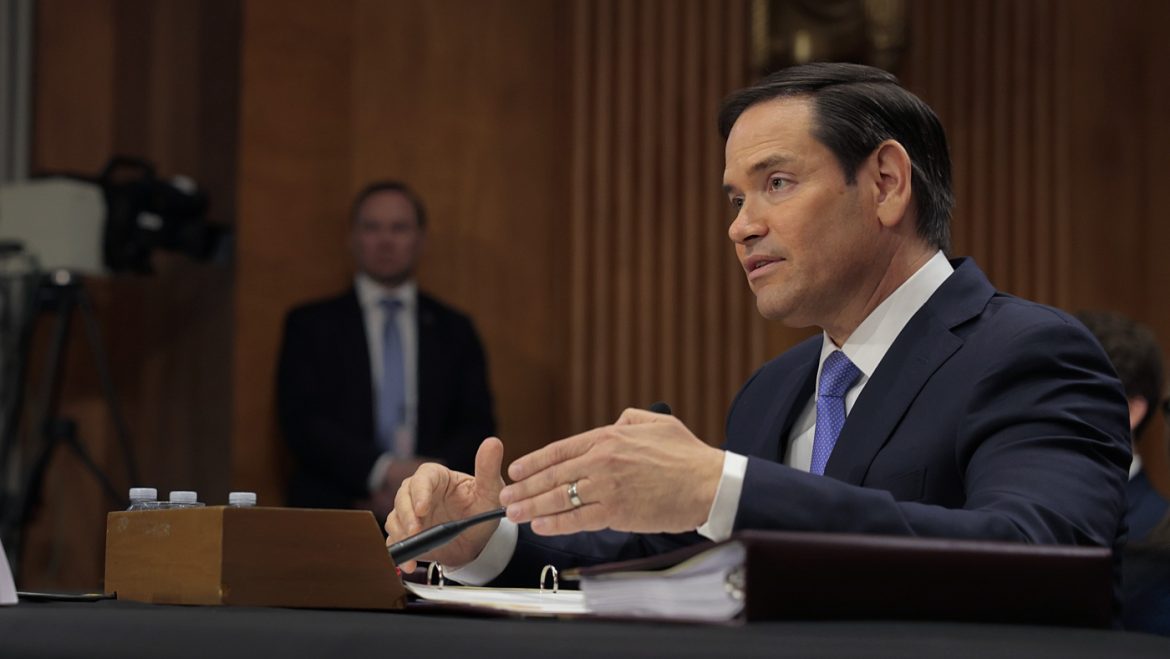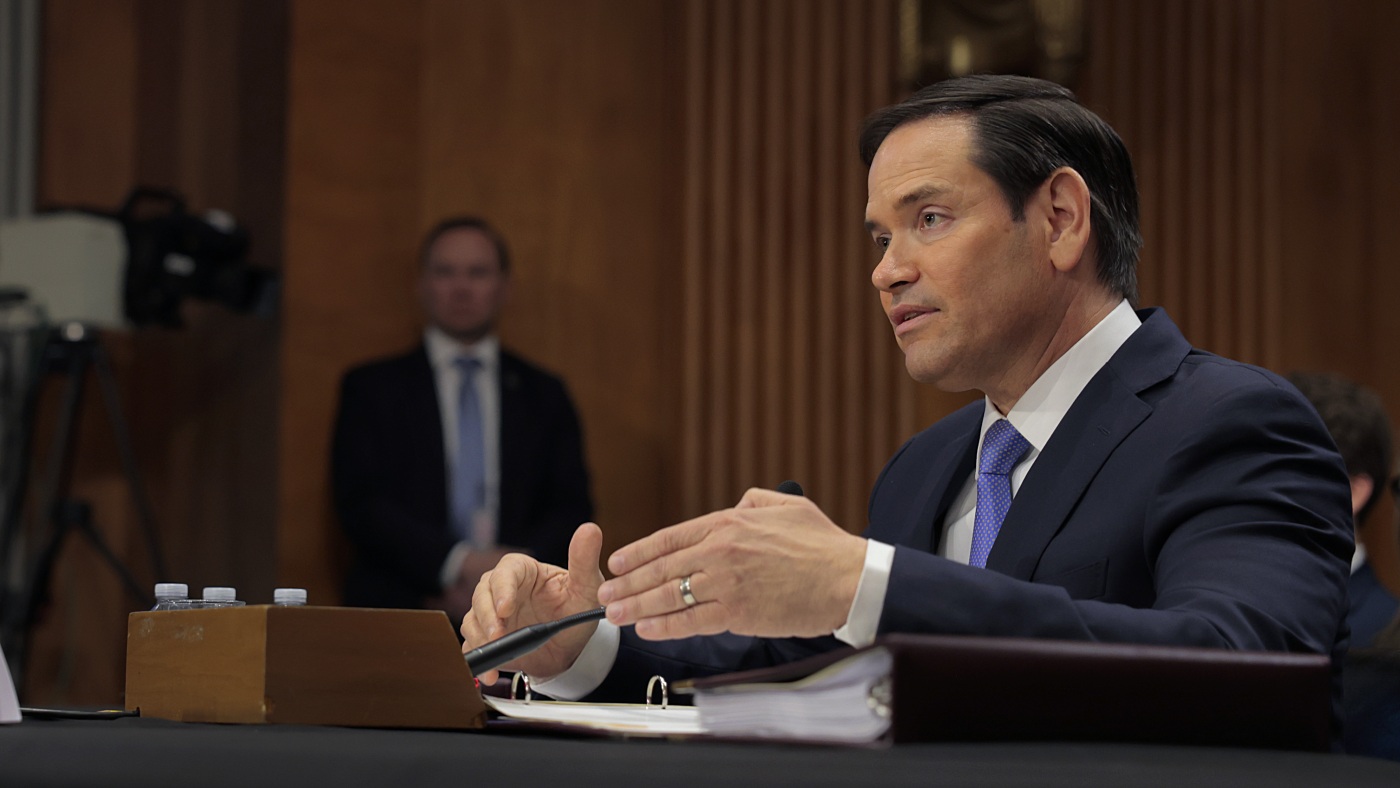Overview of Marco Rubio’s Defense of Foreign Affairs Budget Cuts
Marco Rubio, serving as Secretary of State in the Trump administration, has recently come under scrutiny for proposing substantial cuts to the United States’ foreign affairs budget. Presenting to the Senate Foreign Relations Committee, Rubio defended a $28.5 billion budget request for the State Department and foreign aid programs, which amounts to roughly half of the funding levels seen in recent years. This reduction aligns with broader Trump administration objectives of downsizing diplomatic efforts while increasing defense spending.
—
The Budget Cuts and Reorganization Plan
Scale of Cuts
The proposed budget represents nearly a 50% reduction in foreign affairs funding. These cuts are part of a larger restructuring plan unveiled by Rubio that targets the elimination of 132 offices and approximately 700 jobs within the State Department. The approach underlines a strategic shift aimed at streamlining the department, cutting what Rubio describes as waste, duplicative programs, and unnecessary personnel.
Justifications Offered by Rubio
Rubio has argued that these cuts serve American interests by prioritizing core foreign policy objectives. He maintains that the downsizing will enhance efficiency and effectiveness rather than weaken U.S. diplomatic capabilities. In prepared remarks, Rubio framed the reductions as a necessary response to past failures and an effort to root out what he calls progressive ideology within foreign aid and diplomacy programs.
He also emphasized the critical role foreign aid plays, calling it a “critical component” though implicitly suggesting that aid must be recalibrated rather than expanded. Rubio’s rhetoric echoes the “America First” doctrine associated with the Trump administration, focusing on prioritizing national interests over extensive international engagements.
—
Reception and Criticism from Lawmakers and Observers
Democratic Opposition
Many Democrats, including Senator Tim Kaine, who serves as the Ranking Member of the Senate Foreign Relations Subcommittee on the Western Hemisphere, strongly oppose the cuts. They warn that such drastic reductions could severely undermine U.S. national security, hamper global health initiatives, humanitarian assistance, and damage long-standing diplomatic relationships built over decades.
Senate Minority Leader Chuck Schumer has expressed concerns that Rubio’s directive to halt almost all foreign aid could be unconstitutional, especially if it conflicts with appropriated funds already authorized by Congress.
Concerns Over National Security and Diplomacy
Critics argue that the cuts risk weakening the United States’ global influence precisely at a time when diplomatic efforts are critical to countering rising great-power competition, mitigating conflicts, and addressing transnational challenges such as pandemics and climate change. The rollback includes reducing funding to important international organizations like the United Nations and NATO, which has sparked alarm over the potential erosion of multilateral cooperation.
Political observers and former diplomatic officials caution that while defense spending is increasing under the Trump administration, the simultaneous downsizing of diplomacy risks unbalancing U.S. foreign policy tools, potentially undermining soft power capabilities.
—
Rubio’s Alignment with Trump’s Foreign Policy Approach
Rubio’s defense and implementation of these budget cuts reflect a continuation of the Trump administration’s transactional and America-centric foreign policy approach. By tightening the focus of the State Department, Rubio seeks to emphasize tangible American benefits and secure borders over what he perceives as ideological or ineffective foreign programs.
This realignment has been met with mixed reactions even within the Republican Party, as some senators appreciate the hard stance on containment and austerity, while others express concern about the long-term consequences of diminished diplomatic engagement.
—
Legal and Constitutional Implications
The proposal to impound or freeze foreign aid funds as directed by Rubio’s office raised immediate legal questions. Congressional appropriations traditionally carry the force of law, and impounding these funds without consent may be deemed unconstitutional. Legal experts and Senate leaders have signaled potential challenges to such executive actions, emphasizing the separation of powers and congressional oversight rights.
—
Broader Implications of the Departmental Restructuring
Cuts to Personnel and Diplomatic Missions
The administration’s plan to cut 15% of U.S.-based State Department staff and shutter numerous overseas diplomatic missions is unprecedented in scale. Rubio asserts that focusing resources on “core priorities” will allow a leaner and more effective diplomatic service. Yet, many fear these reductions will limit the U.S.’s ability to gather intelligence, promote democracy, protect human rights, and respond promptly to international crises.
Impact on Humanitarian and Global Health Efforts
Among the hardest hit by budget reductions are programs related to humanitarian assistance and global health initiatives, which have historically enjoyed bipartisan support. Cutting these programs could impair U.S. leadership and goodwill abroad, complicating responses to pandemics, refugee crises, and international development.
—
Conclusion: A Defining Moment for U.S. Foreign Policy
Marco Rubio’s vigorous defense of severe cuts to the foreign affairs budget embodies a pivotal shift in American foreign policy philosophy under the Trump administration. His efforts to streamline and downsize the State Department prioritize a narrowly defined, interest-based diplomacy that seeks to shed what is viewed as ideological baggage and bureaucratic inefficiency.
While the promise of better focus and fiscal responsibility appeals to some, the cuts raise significant concerns about the diminution of American diplomatic influence, the weakening of critical alliances, and the erosion of soft power assets that have long undergirded U.S. global leadership.
As Rubio faces tough questions from lawmakers and the public alike, the debate over balancing defense spending with diplomatic investment will continue to shape the contours of U.S. engagement with the world. The ultimate impact of these cuts will be measured not just in budgetary terms but in America’s ability to advance its interests and values on the global stage in the years to come.


